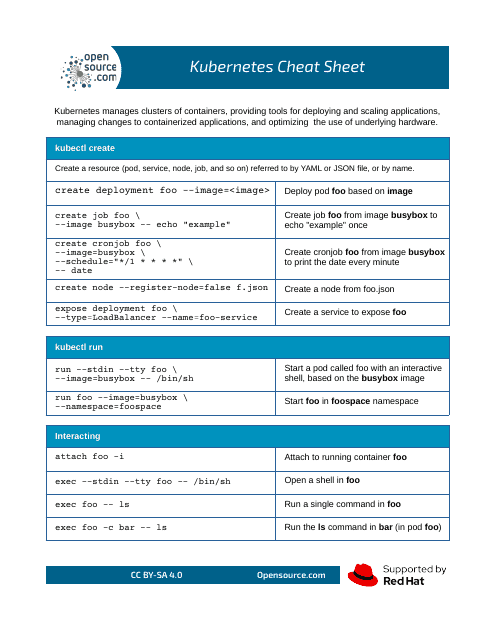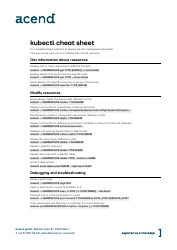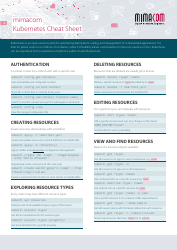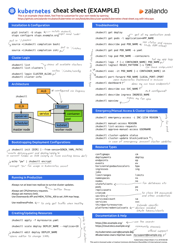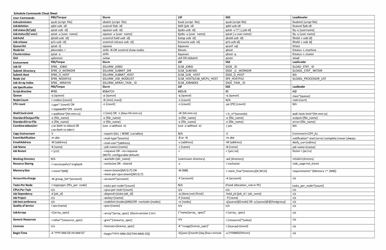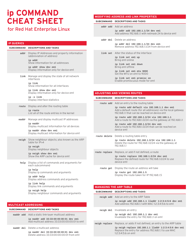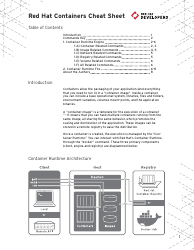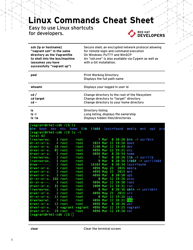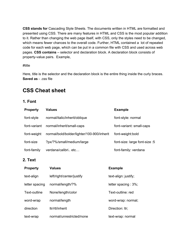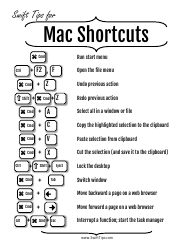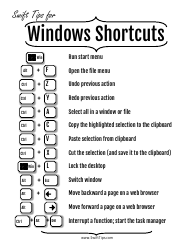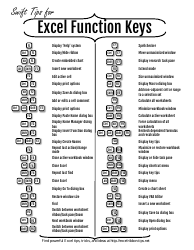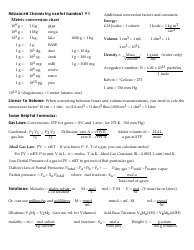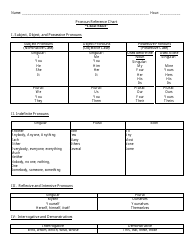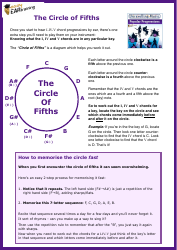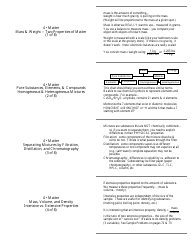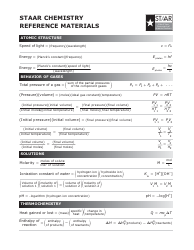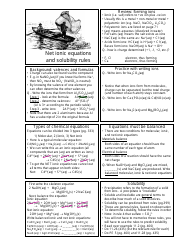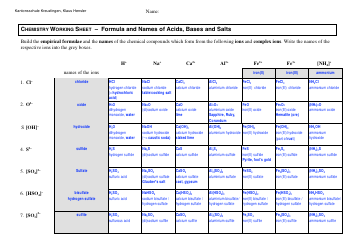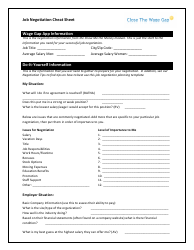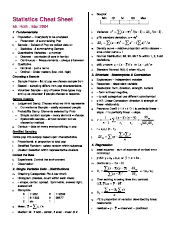Kubernetes Cheat Sheet - Red Hat
The Kubernetes Cheat Sheet by Red Hat is a quick reference guide that provides information and commands for managing and working with Kubernetes, an open-source container orchestration platform. It is designed to help users navigate and utilize Kubernetes efficiently.
FAQ
Q: What is Kubernetes?
A: Kubernetes is an open-source container orchestration platform.
Q: What is container orchestration?
A: Container orchestration refers to the management and coordination of the deployment, scaling, and operation of containerized applications.
Q: Why is Kubernetes popular?
A: Kubernetes is popular because it provides an efficient way to manage and scale containerized applications, ensuring high availability and ease of deployment.
Q: What are some key features of Kubernetes?
A: Some key features of Kubernetes include automatic scaling, load balancing, self-healing, service discovery, and the ability to roll back deployments.
Q: What is a pod in Kubernetes?
A: A pod is the smallest unit in the Kubernetes object model and represents one or more containers that are deployed together on the same host.
Q: What is a container in Kubernetes?
A: A container is a lightweight, isolated, and portable software unit that encapsulates an application and all its dependencies.
Q: What is a replication controller in Kubernetes?
A: A replication controller is a Kubernetes object that ensures a specified number of pod replicas are running at any given time.
Q: What is a service in Kubernetes?
A: A service is an abstraction that defines a logical set of pods and a policy by which to access them.
Q: What is a namespace in Kubernetes?
A: A namespace is a way to divide cluster resources between multiple users or teams.
Q: What is a label in Kubernetes?
A: A label is a key-value pair that is attached to objects like pods, allowing for more flexible grouping, filtering, and selection of those objects.
Q: What are some alternatives to Kubernetes?
A: Some alternatives to Kubernetes include Docker Swarm, Apache Mesos, and OpenShift.
Q: Is Kubernetes only for production environments?
A: No, Kubernetes can be used in development and testing environments as well.
Q: Is Kubernetes only for containerized applications?
A: While Kubernetes was designed for containerized applications, it can also manage virtual machine workloads.
Q: What is the difference between Kubernetes and Docker?
A: Kubernetes is a container orchestration platform, while Docker is a containerization technology that allows applications to run in containers.
Q: Is Kubernetes difficult to learn?
A: Kubernetes has a learning curve, but with proper resources and hands-on experience, it can be mastered.
